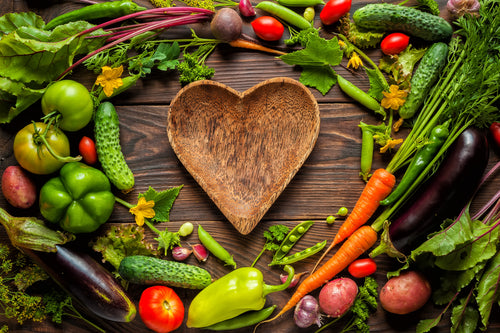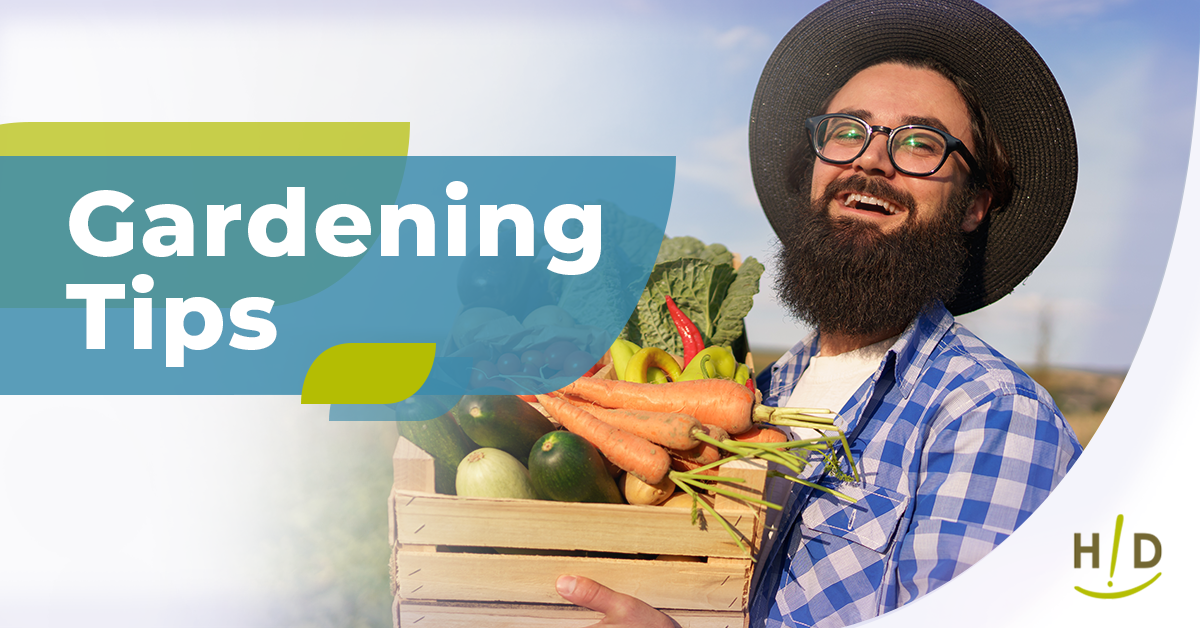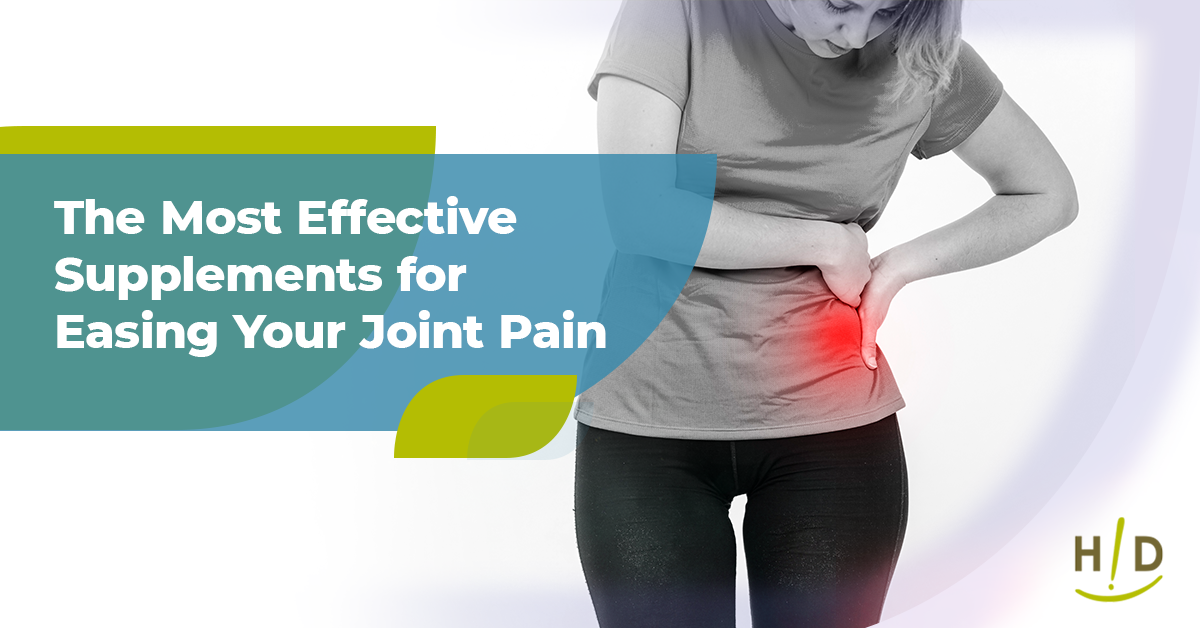Calcium and the Heart
Arming your body with whatever it needs to prevent heart disease and stroke is vital to good health. The Centers for Disease Control and Prevention (CDC) lists heart disease as the leading cause of death in the United States, with one in four deaths being attributed to the disease. Your body especially needs calcium, magnesium, potassium and vitamin K to keep your nerves, blood vessels and muscles working well. Calcium is one of the most important minerals to regulate blood pressure. It allows blood vessels to better tighten and relax as needed and allows hormones and enzymes to release into the body properly. Interestingly though, doctors and scientists emphasize the importance of getting your calcium through food. Heart-healthy foods tend to be generally good for you and will supply the body with extra vitamins and minerals required for a well-working ticker.How Much Calcium Do I Need?
Be sure you understand how much calcium you need for proper heart health so you can ensure you’re getting enough through food and juice. The recommended dietary allowance for calcium is:- 1,000 milligrams for males and females 19-50 years old
- 1,000 milligrams for males 51 to 70 years old
- 1,200 milligrams for females 51 to 70 years old
- 1,200 milligrams for males and females older than 71 years old
Along with calcium, magnesium is also a critical element that helps maintain vital functions in the human body, including cardiovascular health. In fact, low levels of magnesium can potentially lead to heart failure and heart attack. Foods like almonds, spinach and avocados are all great sources of magnesium.

A List of Heart-Healthy Vegetables
Contrary to the common teachings of Western medicine, dairy isn’t the only (or best) way to get your calcium. In fact, vegetables that you can incorporate into your raw diet or juicing program can fuel the body with plenty of heart-healthy calcium as well as many other nutrients like magnesium, potassium and vitamin K at the same time. Plus, they don’t up your fat intake like some dairy does. Here are some of the top vegetables with calcium to add to your grocery list. Note: Be sure that you’re consuming fresh, organic vegetables where possible so that you’re getting veggies in their purest form and not adding any toxins to your diet.- 1 cup cooked collard greens = 268 milligrams of calcium, 38 mg magnesium
- 1 cup of raw spinach =, 30 mg of calcium, 24 mg of magnesium
- 1 cup of raw arugula =, 32 mg of calcium, 9 mg of magnesium
- 1 cup of raw dandelion greens = 103 milligrams of calcium, 20 mg of magnesium
- 1 cup of raw kale = 101 milligrams of calcium, 23 mg of magnesium
- 1 cup of cooked acorn squash = 90 milligrams of calcium, 88 mg of magnesium
- 1 cup of raw broccoli = 43 milligrams of calcium, 19 mg of magnesium
- 1 cup of raw carrots = 42 milligrams of calcium, 15 mg of magnesium
As you can tell, leafy greens are some of the best vegetables for calcium, with collard greens, spinach, arugula, kale and dandelion greens edging out many other veggies in the calcium department. You can also get a big dose of calcium through dried figs and many different types of beans. Make sure to add plenty of raw, organic fruits and veggies to your diet for better heart health!








1 comment
Patricia VH
Thank you for the Best heart-Healthy diet! I have been a Vegan for a long time!
Years ago, I connected with Hallelujah Acres right in the beginning of your program. Life was busy and I forgot Hallelujah Acres.! I am glad that I came back!
Thank you for the Best heart-Healthy diet! I have been a Vegan for a long time!
Years ago, I connected with Hallelujah Acres right in the beginning of your program. Life was busy and I forgot Hallelujah Acres.! I am glad that I came back!